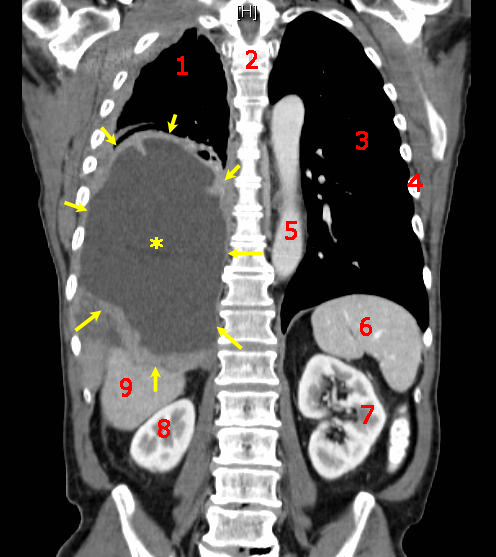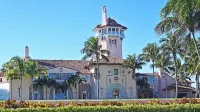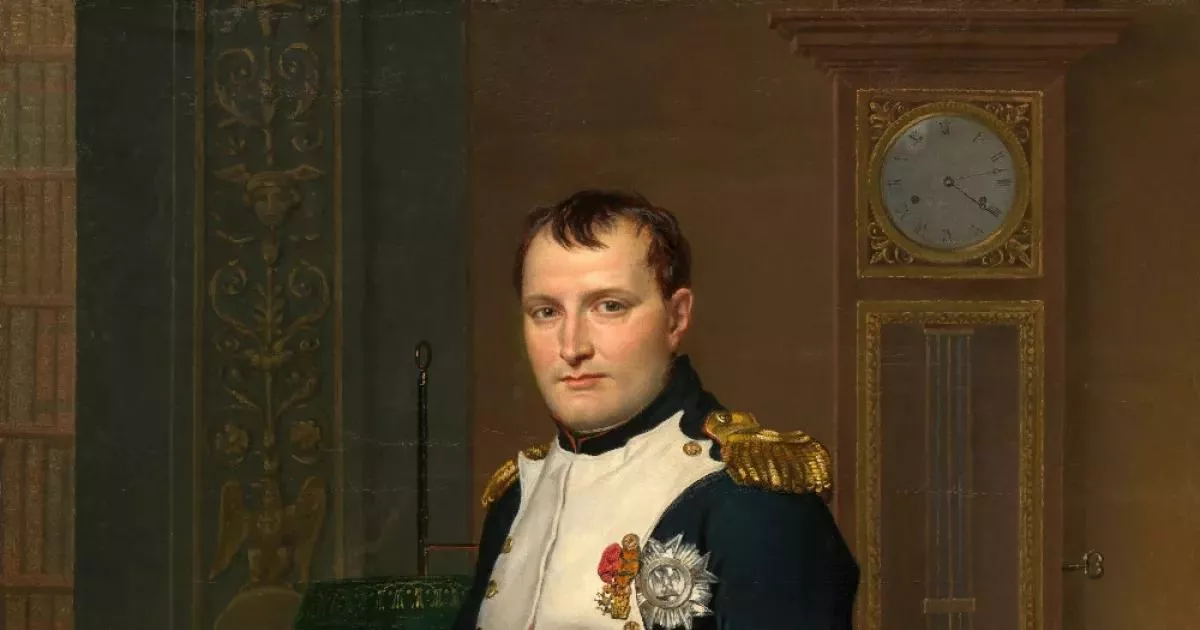Napoleon Bonaparte was a French military and political leader who rose to prominence during the French Revolution. He led successful campaigns in Europe, becoming First Consul of France (1799-1804) and then Emperor (1804-1814, and briefly in 1815). He also served as King of Italy and Protector of the Confederation of the Rhine. His reign involved near-constant warfare, significantly shaping Europe before his final defeat.
1947: Comparison to Hitler
In 1947, Pieter Geyl compared Napoleon to Adolf Hitler.
1947: Pieter Geyl's perspective on Napoleon
In 1947, Pieter Geyl highlighted the subjectivity in historical interpretation, noting that historians from different periods would inevitably view Napoleon differently.
1999: Increased Historical Research on Napoleon
From 1999 to 2015, there was a sharp increase in historical books, articles, and symposia dedicated to Napoleon and his era, marking the bicentenary years.
2005: Comparison to Hitler by Claude Ribbe
In 2005, Claude Ribbe also compared Napoleon to Adolf Hitler.
2015: Increased Historical Research on Napoleon
From 1999 to 2015, there was a sharp increase in historical books, articles, and symposia dedicated to Napoleon and his era, marking the bicentenary years.
2021: Study Concludes Napoleon Died of Stomach Cancer
In 2021, an international team of gastrointestinal pathologists concluded that Napoleon died of stomach cancer, reinforcing earlier autopsy reports.
Mentioned in this timeline

Cancer is a collective term for diseases characterized by abnormal...
Trending
Luke Kornet is an American professional basketball player currently playing for the San Antonio Spurs in the NBA He's a...

6 months ago Morgan Wallen's Tour Debut: NFL Cameos and Texas Concert This Weekend

3 months ago Gerard Butler's 'Law Abiding Citizen' resurgence: A streaming comeback 15 years later.

2 months ago Kris Jenner Ringleader as Khloé Kardashian Wears Care Bears Halloween Costume: Family Celebrates

3 months ago Trump's $1M Fundraiser Causes Road Closures and Simulated Gunfire at Mar-a-Lago.

2 months ago Kylie Beck stuns at Miami game; Syracuse faces No. 18 Miami Hurricanes.
Popular

Stranger Things created by the Duffer Brothers is a popular...

XXXTentacion born Jahseh Dwayne Ricardo Onfroy was a controversial yet...
Turning Point USA TPUSA is an American nonprofit organization founded...

Candace Owens is an American conservative political commentator and author...

Bernie Sanders is a prominent American politician currently serving as...

Melania Trump a Slovenian-American former model has served as First...
